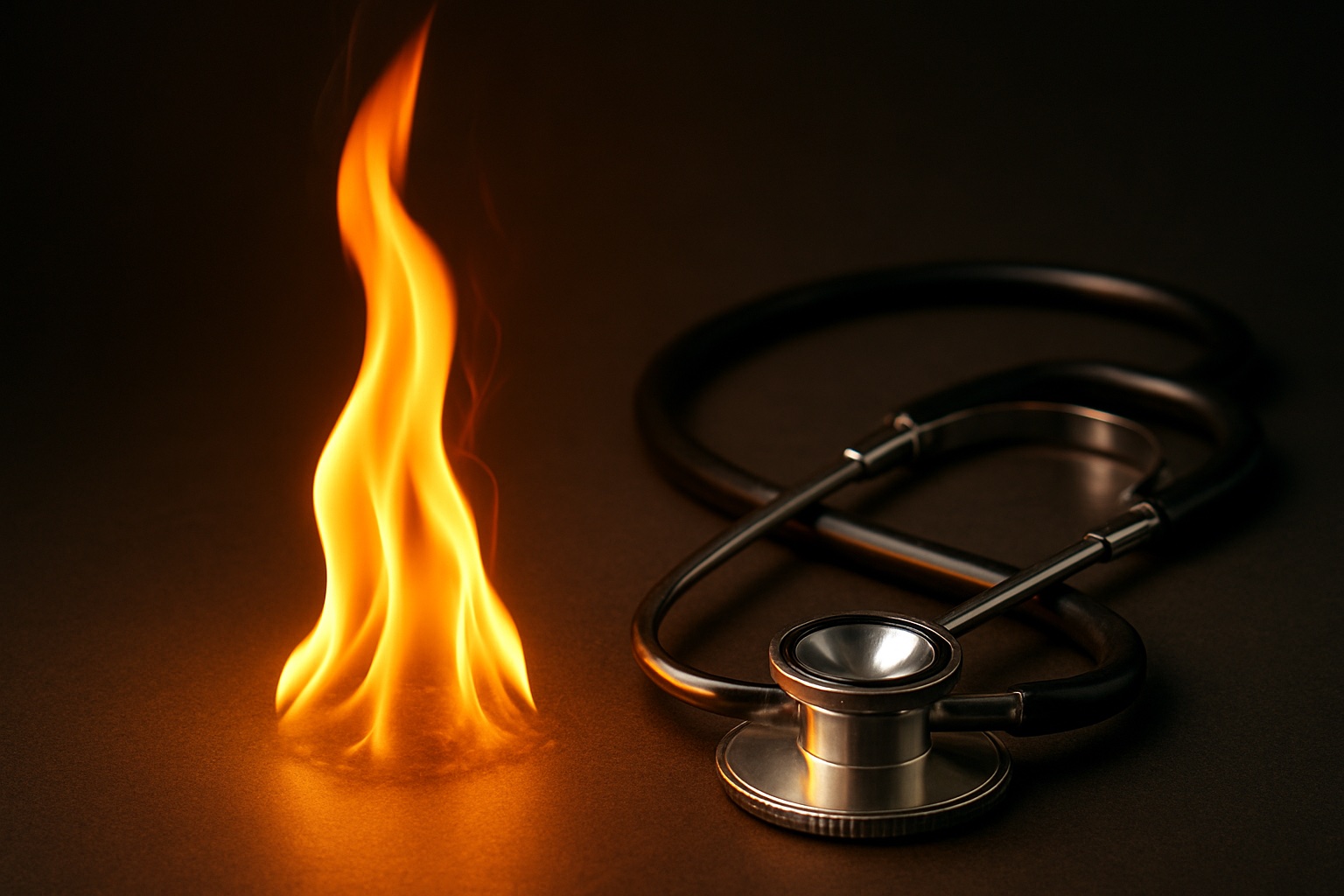
In the demanding world of healthcare, burnout has become an increasingly urgent concern — especially for physicians. In Canada, recent data suggests that over half of physicians report high levels of burnout, with symptoms ranging from emotional exhaustion to a loss of meaning in their work. But burnout isn't just a personal issue — it affects patient care, team dynamics, and the long-term sustainability of our healthcare system. Physician burnout also increases adverse patient outcomes.
So how can physicians recognize the signs early, before burnout becomes a crisis?
Most physicians will deal with some level of burnout in their career. The key is to recognize it early on and make small changes to prevent further progression.
In my medical journey, I realized my biggest issue that might cause burnout was being too nice. I went into medicine to help others, so it was just natural for me to take on extra calls. I would push my limit so much, until I had no more to give. My first sign, is having negative thoughts about work and of course the feeling of exhaustion. As physician, we need to be careful of not getting too use to the feeling of exhaustion. We were trained to be efficient on very little sleep… It doesn’t mean we need to keep pushing. I had to learn to be nicer to myself and my body.
Burnoutout was first described in 1974 by American psychologist, Herbert Freudenberger to describe the exhaustion observed in people of the healing profession.
Burnout is defined as a work-related syndrome involving:
Physician burnout rarely happens overnight. More often, it builds slowly over time. Here are some red flags to take seriously:
It’s normal to feel tired after a long week, but if you find yourself experiencing intense dread or anxiety at the thought of another shift, this may be more than just fatigue.
Have you noticed yourself being short with patients or colleagues? Feeling disconnected from the people you care about? Emotional numbing is a common defense mechanism — and a major warning sign.
If the sense of purpose that once drove you feels distant, or you question whether you’re making a difference, it may be a sign of burnout rather than failure.
I found this was very prevalent during the covid era, it presented as: What else can I do with my medical degree that is not medicine.
Chronic stress often shows up in the body: headaches, trouble sleeping, GI issues, heart palpitations, or a weakened immune system. If your body feels like it’s constantly on high alert, listen to it.
If you can’t stop thinking about work, feel constantly "on call" mentally, or feel guilty when you rest — that’s not sustainable.
Recognizing burnout is the first — and most crucial — step. Once identified, consider these next steps:
Burnout is not a sign that you’re weak, broken, or unfit to practice. It's a sign that something needs to change — for you, and for the system around you. If you’re a physician in Canada struggling with burnout, know this: you're not alone, and help is available.
Canadian Medical Association
https://www.cma.ca/physician-wellness-hub/topics/burnout
OMA burnout toolkit
https://www.oma.org/practice-professional-support/physician-health-and-wellness/could-you-be-burned-out/
CMA wellness services by provinces:
https://www.cma.ca/physician-wellness-support-services
CMPA wellness Hub
https://www.cmpa-acpm.ca/en/about/what-we-do/physician-support-and-wellness
